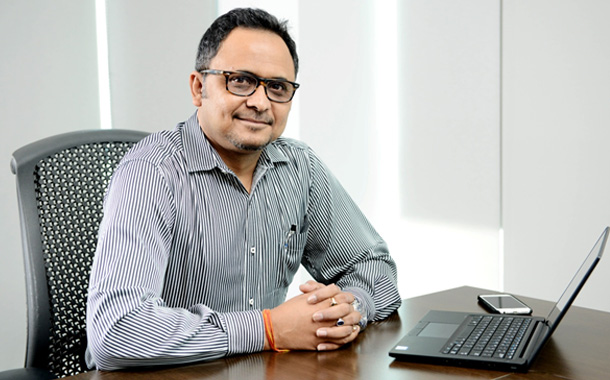Modern technology is giving us unprecedented capabilities to attain what was previously deemed impossible. If you can imagine it, there’s probably an app that works it out.
Similarly, applications need to evolve and businesses need to modernize as customers grow in sophistication and embrace digital technologies, but new innovative capabilities also mean that workloads are getting more data-intensive. For businesses seeking to manage these exponentially increasing workloads, it all starts with the data center. It has a crucial role to play in any business that has a robust digital transformation strategy, for four reasons:
- Get rid of inefficiencies – enable resources to be focused where they really matter, while reducing costs: As companies transition to the modern, increasingly software-defined data center, they are reaping the benefits of virtualized workloads and simplified management. Having eliminated the traditional data center’s need for manual input, they are in a much better position to allocate resources properly. Managing IT and facilities becomes much less complex, and workloads can now be moved anywhere allowing IT staff to create and innovate, rather than look after the day-to-day systems maintenance.
Technologies like software-defined storage thrive in environments with enhanced flexibility, allowing businesses to tailor their software configurations to their application needs. When resources can be pooled and infrastructure changes can be made enmasse at the software level, instead of making changes to physical storage or the actual server, businesses can obtain more out of the same resources while reducing time to market.
- Transform ways to work – enable an adaptable, scalable business architecture: Workloads continue to evolve and diversify. Modern, software-defined architecture means virtualized workloads and simpler-to-manage, scale-out solutions. With data center infrastructure that is designed to be configured in different ways, businesses can excel at handling a range of workloads, thus retaining competitive advantage.
In the case of in-memory computing for example, non-volatile memory express (NVMe) low-latency storage applies intelligent software to consolidate workloads and offer big gains in efficiencies and cost savings, especially vital for businesses looking for that competitive edge in the market.
- More insights mean better decision making and more informed business directions: As more connected devices are made available, IoT takes root and stakeholders connect personal devices to corporate networks, organizations have to deal with handling exponentially more data. While adding more storage may have worked in the past, the sheer amount and complexity of that data now requires new data management methods in the data center. The data has to be processed and prepared for analysis if it is to be of any use to the business, and intelligent software that applies machine learning to self-optimize storage can address these new needs.
- A strong data center means a resilient business that can protect itself and its customers: The increase in the amount of data and the number of connected devices has a downside – more cyber security risk – and as cyber threats and attack methods become more sophisticated, the data center must be able to withstand intrusions and security breaches. Reliable breach detection and rapid recovery to a trusted baseline are some of today’s data centers’ advanced proactive protection capabilities. Protecting firmware from malicious attacks, or inadvertent changes and easy ways of recovering the BIOS and operating system can all contribute to a high level of cyber-resilience.
The data center not only ensures that businesses operate productively, smoothly, and cost-effectively, but also holds the key to success in a changing world. Transforming the business digitally will mean taking stock of what is in the data center and making sure the infrastructure can support the demands of today and tomorrow.
By: Niladri Saha, Head – Primary Storage, Modern Infrastructure Team, Dell EMC, India




